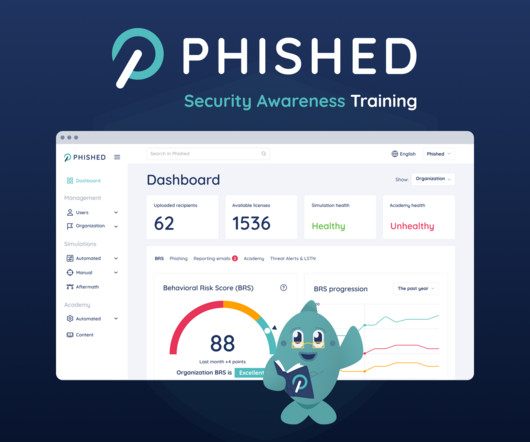Should Failing Phish Tests Be a Fireable Offense?
Krebs on Security
MAY 29, 2019
Would your average Internet user be any more vigilant against phishing scams if he or she faced the real possibility of losing their job after falling for one too many of these emails? Recently, I met someone at a conference who said his employer had in fact terminated employees for such repeated infractions. As this was the first time I’d ever heard of an organization actually doing this, I asked some phishing experts what they thought (spoiler alert: they’re not fans of this partic



































Let's personalize your content